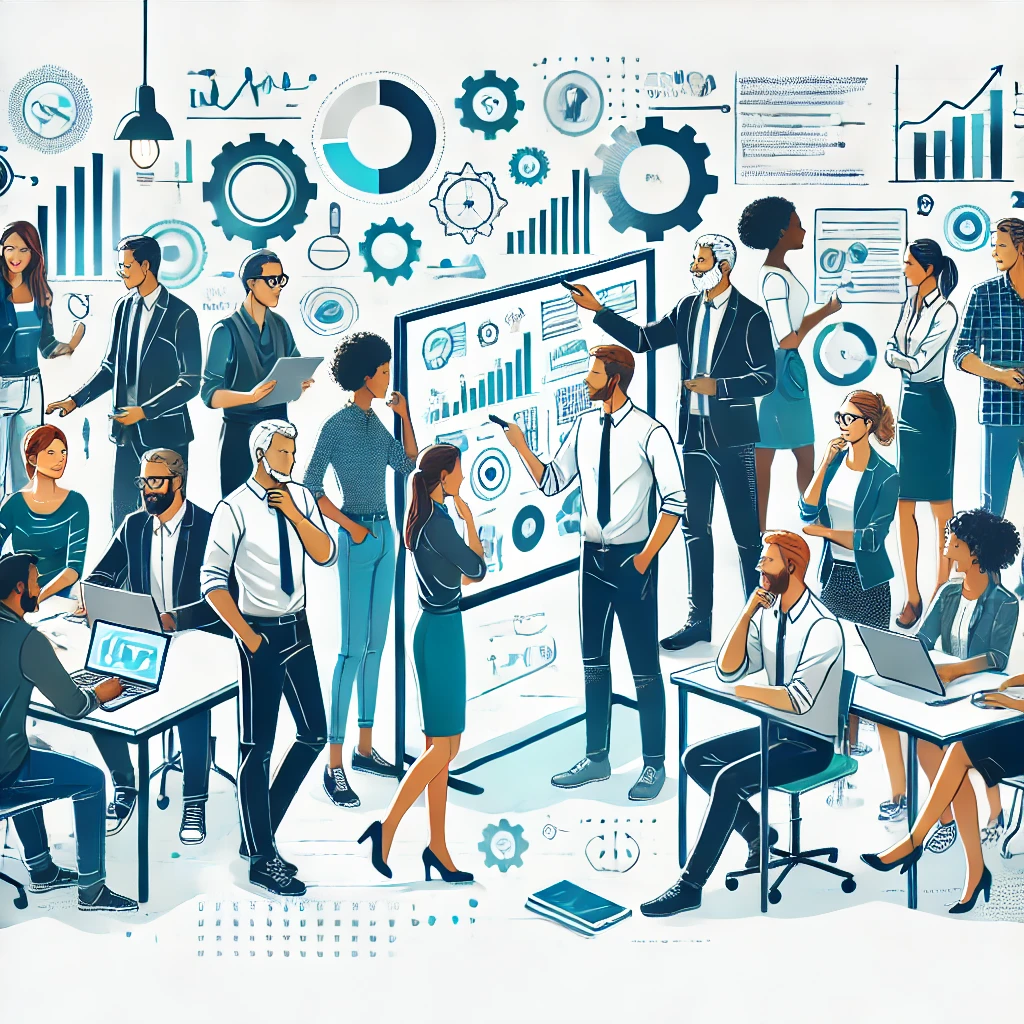The economy added 250,000 jobs last month!” These headlines often dominate news cycles, presented as a sign of economic health and prosperity. But what do these numbers truly represent? Are we simply celebrating the creation of more “jobs” without considering their quality, their impact on workers’ lives, and their long-term implications for our society?

It is time to redefine what constitutes a “job” and challenge the notion that simply creating more jobs, regardless of their nature, is a sufficient solution to our economic challenges.
The Living Wage Gap
One glaring issue is the prevalence of low-wage jobs that fail to provide a living wage. While the headline numbers might look impressive, if these new jobs do not allow individuals to afford necessities like housing, food, and healthcare, have we solved the problem? Instead, we perpetuate a cycle of economic insecurity and widen the gap between the haves and have-nots.
The Race to the Bottom
Furthermore, the current economic landscape often incentivizes a “race to the bottom” regarding labor standards. “Right to work” states and a lack of robust worker protections can lead to a downward spiral of wages, benefits, and working conditions. Companies driven by the pressure to maximize profits may relocate to areas with lower labor costs or engage in practices that undermine workers’ rights.
The Power of Unions: A Counterbalance to Capital
In this environment, unions play a crucial role as a counterbalance to the power of capital. Strong unions can negotiate for better wages, benefits, and working conditions, ensuring workers receive a fair share of the economic pie. However, the effectiveness of unions hinges on their size, strength, and reach.
The Need for Global Solidarity
The need for international labor solidarity becomes paramount in an increasingly globalized economy, where companies can quickly move operations across borders. With the ability to mobilize workers across national boundaries, a global union could effectively challenge the race to the bottom and advocate for fair labor standards worldwide.
Rethinking the Role of Government
The government, too, has a crucial role to play. Governments can create a more equitable and sustainable economic system by enacting policies that protect workers’ rights, promote fair wages, and support collective bargaining. In essence, the government can act as a “union” for its constituents, ensuring that the interests of workers are represented in the economic decision-making process.
Beyond Job Creation: A Holistic Approach
Ultimately, we need to move beyond the simplistic metric of job creation and adopt a more holistic approach to economic development. This means considering not just the quantity of jobs but also their quality, their impact on workers’ well-being, and their contribution to a just and sustainable society.
It is time to redefine what constitutes a “job” and prioritize policies that empower workers, promote fair labor practices, and ensure that economic growth benefits everyone, not just those at the top. We can create an economy that truly works for all by embracing this broader perspective.